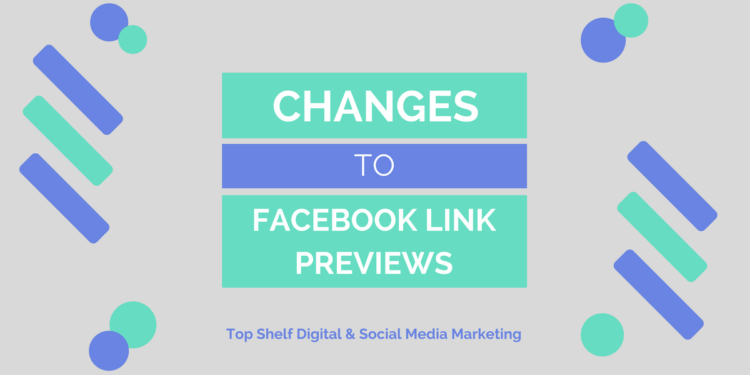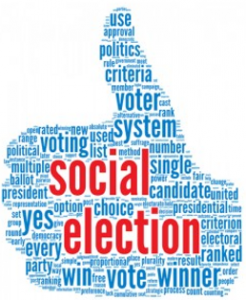[mp_row]
[mp_span col=”12″]
In late June, Facebook announced they will no longer allow editing of link previews for posts as part of its mission to reduce fake news on the platform. While we commend Facebook’s commitment to authenticity, this change to the API is going to present a few challenges for digital marketing strategies. Continue reading Changes to Facebook Link Preview →
2016 is officially the year that social media surpassed traditional news and media outlets as the “go to” for current events and news. The Pew Research Center reported that 62 percent of adults obtain their news on social media, and that a large percentage of millennials also rely heavily on social media platforms to keep update and informed. This circulation of fake news through social media became even more apparent in the 2016 presidential election – which is why both social sites and individuals need to be accountable. Continue reading The Future of Social Media’s Fake News →
As we say goodbye to what could be one of the most eventful years in social media, we also look forward to what trends will dominate the space in the coming year. It can be hard to guess which tactics and approaches will dominate in the ever-evolving landscape of social media, but we wanted to share our take on Forbes‘ predications of the 7 social media marketing movements that professionals will see in 2017. Continue reading 2017 Social Media Trends: Twitter, Snap & Facebook Live →
 Facebook advertising has come under a lot of scrutiny this year, and things just got worse. In addition to admitting to over-estimating video views in September, Facebook has now confessed to “miscalculating several of the metrics it uses to measure how content performs on its property.” This recent disclosure raises further concerns about the validity of the data reported by Facebook and YouTube, the two dominant players in the digital media playground. Continue reading More Trouble for Facebook Advertising →
Facebook advertising has come under a lot of scrutiny this year, and things just got worse. In addition to admitting to over-estimating video views in September, Facebook has now confessed to “miscalculating several of the metrics it uses to measure how content performs on its property.” This recent disclosure raises further concerns about the validity of the data reported by Facebook and YouTube, the two dominant players in the digital media playground. Continue reading More Trouble for Facebook Advertising →
This year, no one can argue that social media marketing – primarily Twitter and Facebook – has played a significant role in this year’s Presidential Election. According to the Pew Research Center, the level of social media activity by 2016 candidates is higher than during the 2012 presidential campaign. This could be due to the millennial generation, known for their social media savvy, making up 35 percent of the voting population. Continue reading Is Social Media Informing The Issues or Amplifying the Problem? →


 Facebook advertising has come under a lot of scrutiny this year, and things just got worse. In addition to admitting to over-estimating video views in September, Facebook has now confessed to “miscalculating several of the metrics it uses to measure how content performs on its property.” This recent disclosure raises further concerns about the validity of the data reported by Facebook and YouTube, the two dominant players in the digital media playground.
Facebook advertising has come under a lot of scrutiny this year, and things just got worse. In addition to admitting to over-estimating video views in September, Facebook has now confessed to “miscalculating several of the metrics it uses to measure how content performs on its property.” This recent disclosure raises further concerns about the validity of the data reported by Facebook and YouTube, the two dominant players in the digital media playground. 